Aging brings wisdom, experience, and unique health needs. For many older adults, ensuring they get the right vitamins and nutrients…
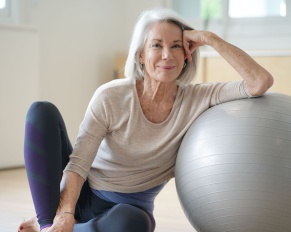

Aging brings wisdom, experience, and unique health needs. For many older adults, ensuring they get the right vitamins and nutrients…
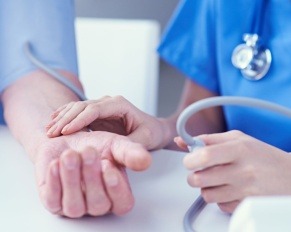
Health screenings are an essential part of preventative care, offering an opportunity to detect potential health issues early. Early detection…

Aging brings unique challenges to maintaining health and well-being. As seniors seek natural ways to improve their quality of life,…
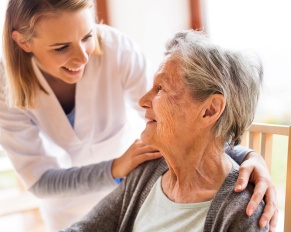
As we welcome 2025, many families are reflecting on ways to support their senior loved ones in achieving a healthier,…
The rise of wearable technology has ushered in a new era of personal health monitoring. Among these devices, health tracking…

Eating Well in the Cold Months Winter can be a challenging season for seniors, particularly when it comes to maintaining…

Top Exercises to Relieve Facet Arthrosis Symptoms at Home Facet arthrosis, also called facet joint arthritis, can cause significant back…

Making other people happy, doing what you love, money, freedom, falling in love, living a healthier life—these are just a handful of the answers you’ll get if you ask the question, “What is the secret to happiness?” But, seriously, what is happiness’ secret? If you were able to ask happiness if it had a secret, what do you think it would say? This mystical inquest doubtless has been at the forefront of human pursuit since the beginning of time. So has anyone ever really come up with an answer for this question? That is, has anyone come up with a real, concrete, and more important, a demonstrable solution to this seemingly unanswerable query? If you were to explore just what translates into the state of ‘happiness,’ where would that exploration take you? Let’s take a look.
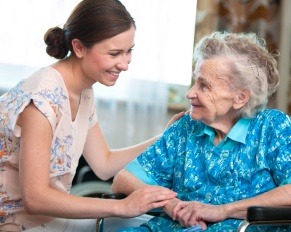
A Comprehensive Guide for Seniors in South Carolina Winter brings unique challenges for seniors, making it essential to ensure their…
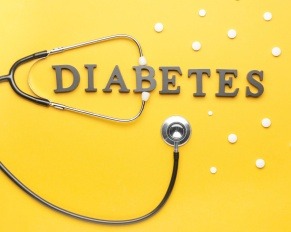
Caring for a Loved One with Diabetes: Tips for Family Members November marks National Diabetes Month, a time to raise…